President Tatar speaks to TalkTV’s Peter Cardwell on his plans for a two State settlement for Cyprus, and touches on the ongoing Israel-Gaza conflict and the implications it may have for the island.
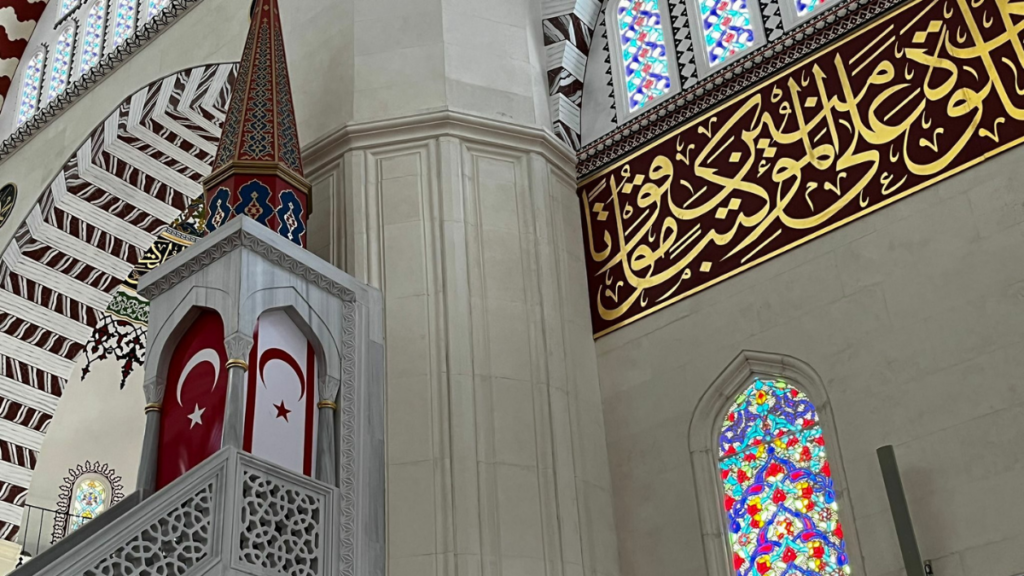


The Freedom and Fairness campaign, alongside representatives from the UK Turkish Cypriot community signed and issued a letter to Labour leader, Sir Keir Starmer, calling on him to address the hypocrisy in how Islamophobia is addressed within the party.
As we mark Islamophobia Awareness Month, the letter urges Starmer to reflect on whether the UK would isolate a European Christian country in the same way Britain has the Turkish Cypriots in the Turkish Republic of Northern Cyprus.


With the appointment of Lord David Cameron as Foreign Secretary, it is clear the Conservative Government is serious about burnishing its international credentials. At a time when Britain’s role in the world is more important than ever, and with the prospect of a Labour Government assuming office within a matter of months, how can the UK use its influence to resolve the frozen conflicts that remain?
Cyprus should be one of Keir Starmer’s foreign policy priorities. After nearly 50 years since the 1974 Turkish Peace Operation, Labour should endorse a two-State solution in Cyprus to create a lasting peace in the already fragile region.
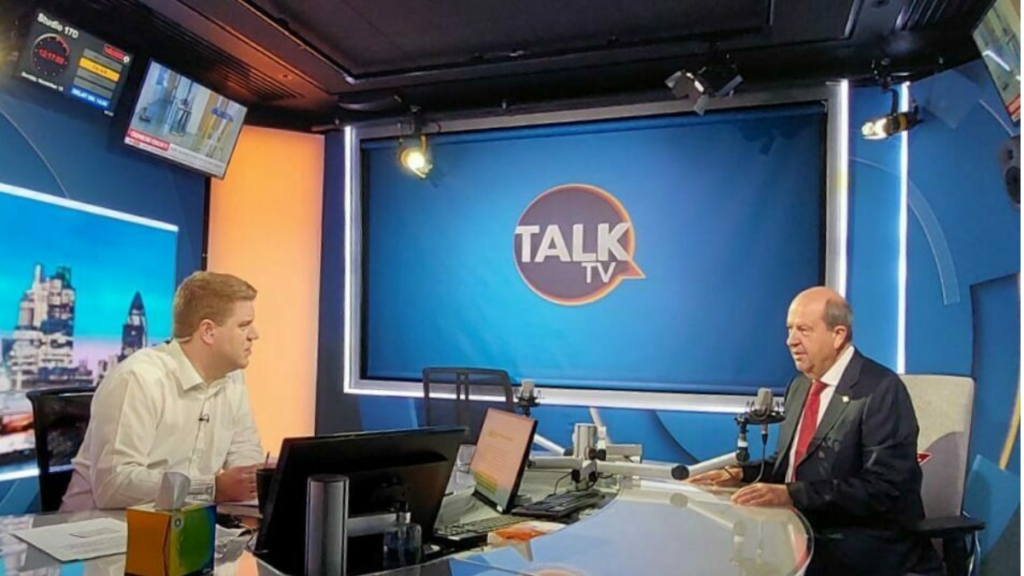

President Tatar speaks to TalkTV’s Peter Cardwell on his plans for a two State settlement for Cyprus, and touches on the ongoing Israel-Gaza conflict and the implications it may have for the island.


President Tatar recently spoke to the Express amid the ongoing conflict in Gaza. The President highlighted that whilst the world does not recognise the two State solution in Cyprus, it is a model that is an undoubtable reality and it is a model for relative peace. President Tatar therefore argues that it should be implemented to other irreconcilable conflicts, like with Israel-Palestine.
President Tatar also reflects on his childhood and how he witnessed the atrocities faced by the Turkish Cypriot people. Similar to the Palestinians in Gaza, Turkish Cypriots were under siege between 1963 to 1974, deprived of food, water and electricity.
The only way to ensure peace between Israel-Palestine is via a two State solution. It established peace on the island of Cyprus and it can help establish peace in this area of the Middle East.
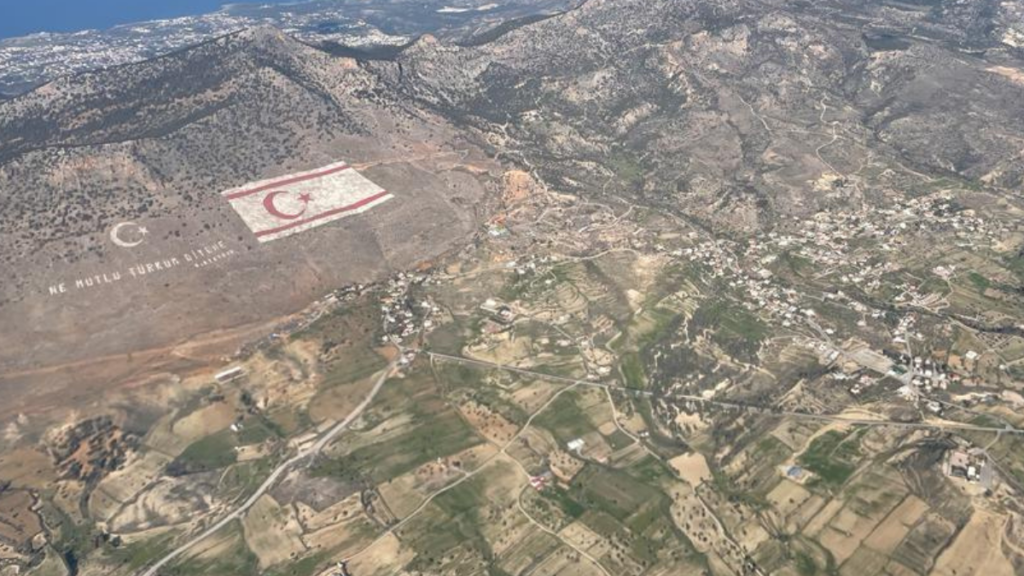

Turkey stands as a pivotal bridge between the West and East, projecting its influence globally across Europe, the Mediterranean, the Middle East, the Caucasus, and North Africa. Turkey’s stance on global matters, including the prolonged Syrian humanitarian crisis and issues in the Sahel and North Africa, must be acknowledged owing to the repercussions each has for Europe.
The Cyprus issue is no different, with President Erdoğan calling upon the international community to acknowledge the Turkish Republic of Northern Cyprus as an independent state and a two-State solution akin to the UN and EU’s backing of Israel and Palestine. Additionally, the reintegration of Nagorno-Karabakh into Azerbaijan is regarded as a step towards heightened stability in the Caucasus. Furthermore, the international recognition of the Turkish Republic of Northern Cyprus is deemed conducive to fostering a peaceful settlement in the eastern Mediterranean.
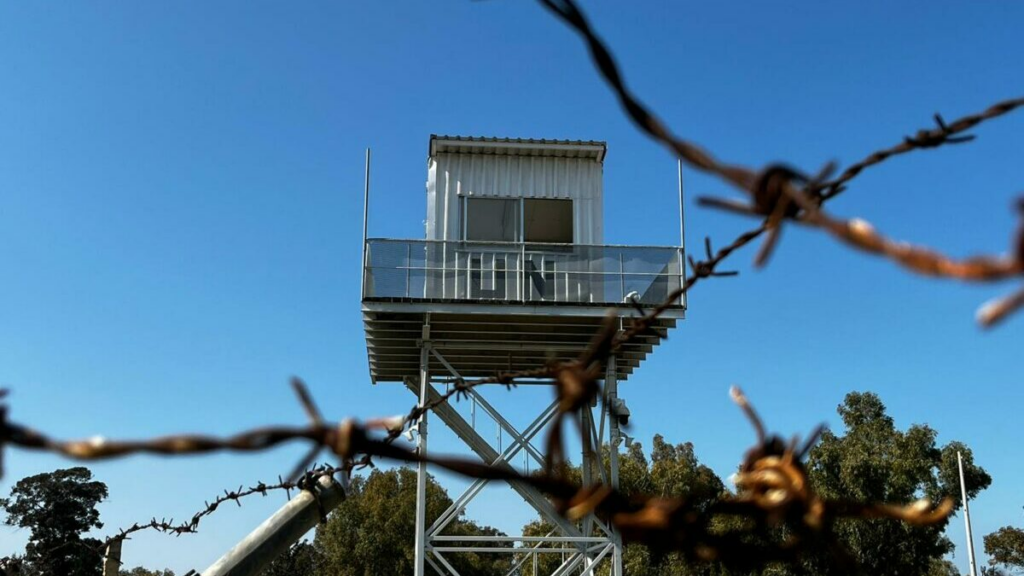

The construction of the Pile-Yiğitler road should have been hailed as a much needed humanitarian project specifically designed to enhance the lives of Greek and Turkish Cypriots living in the buffer zone. However, when the United Nations began blocking and assaulting Turkish Cypriot workers involved in the project it served only to highlight its own double standards.
The UN made no efforts to prevent the construction of an entire university by Greek Cypriots in the buffer zone – yet when it comes to one single road to help in the transport of food, medicine, and fresh water to this integrated community it shows its prejudices.
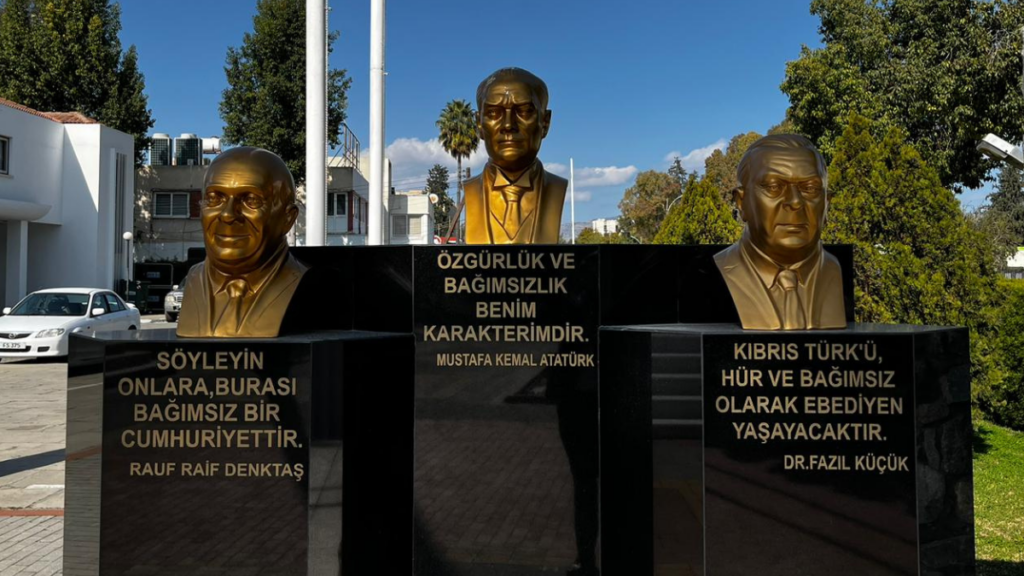

In the second time in just over two months, Britain’s High Commissioner in Cyprus has once again accused Northern Cyprus of being Russia’s “money laundering black spot”.
Fresh off the back of calling Türkiye’s 1974 Peace Operation a ‘land grab’, Irfan Siddiq has again displayed his bias against Turkish Cypriots by alleging (without evidence) that the so-called ‘Republic of Cyprus’ has cleaned up its financial practices in relation to Russia.
Siddiq’s misinformation was slammed by TRNC President Ersin Tatar as “disappointing” and “prejudiced”. Once again, Siddiq demonstrates why he has no credibility in his position.
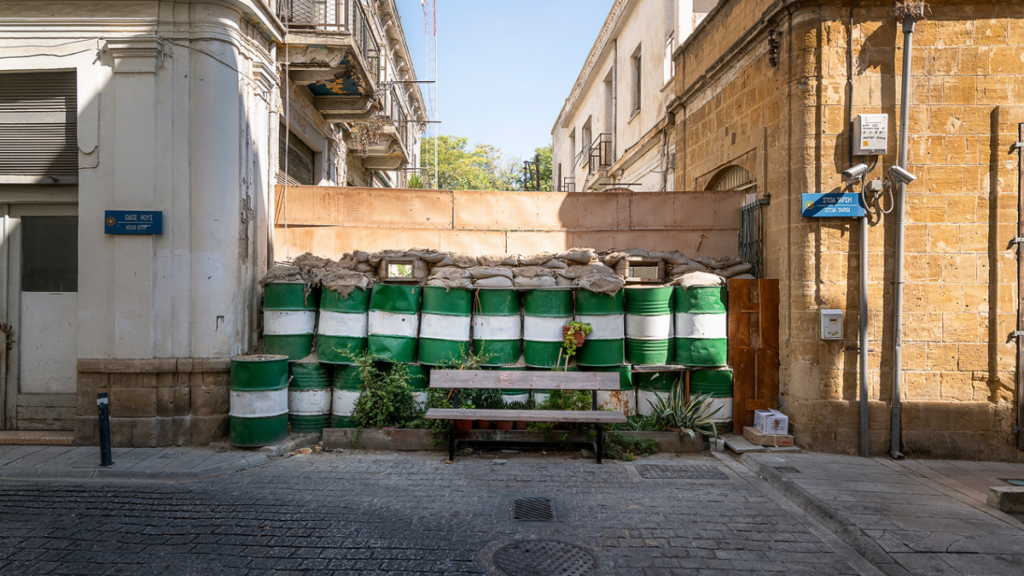

Jack Straw served as Foreign Secretary under Labour Prime Minister Tony Blair from 2001 to 2006. He witnessed first-hand the double-standards of the Greek Cypriot Administration, and speaks the truth about why Türkiye had to intervene on the island in 1974.
He offers his own account and insights from the period when the so-called ‘Republic of Cyprus’ was negotiating to join the European Union and claims that the process ought to have been paused until a solution on the island was reached.
Now he calls on the UK to step up and act in the interests of all Cypriots on the island to help end 50 years of failed negotiations for a federal settlement.
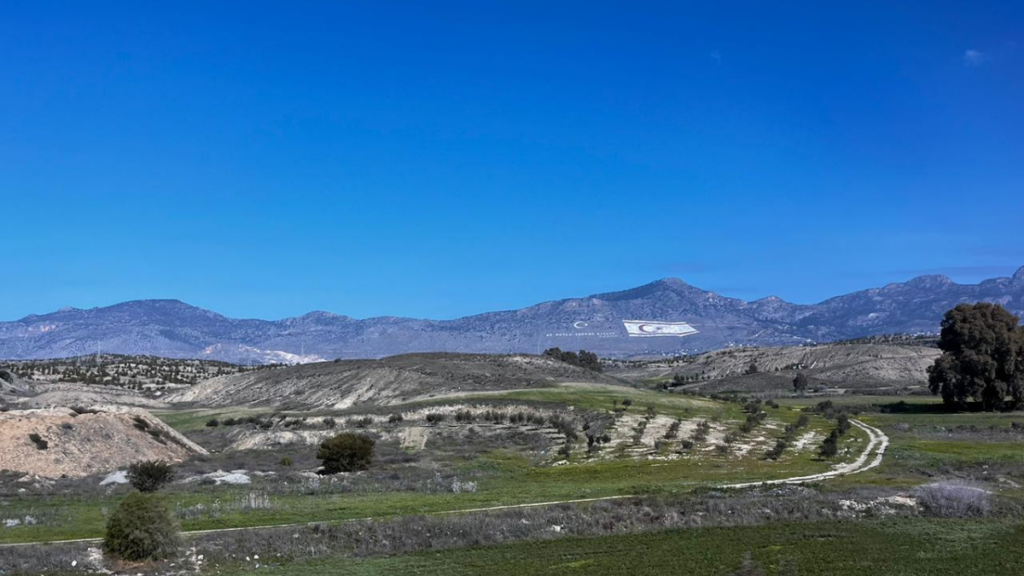

British foreign policy has, for too long, been passive and seemingly uninterested on all matters relating to Northern Cyprus. Whilst successive UK governments regurgitate the same calls for a ‘bizonal, bicommunal federation’, the region falls further into an uncertain spiral – creating a void other countries are happy to fill.
The UK runs the risk of Russia expanding its eastern Mediterranean influence unless it acts decisively. Russia’s recent ‘partial recognition’ of the TRNC, alongside an increasing presence of Iranian nationals may pose critical threats to the future of the UK’s strategic foothold in the region.


Affordable holidays to Europe’s last unspoiled corner may be getting easier to go on. In an interview with Chet Ramadan, Chair of the Freedom and Fairness for Northern Cyprus campaign, he argued for the practicality of a solution that allows for direct flights.
With countless benefits for the 300,000 Turkish Cypriots living in the UK, the 10,000 British nationals living in the TRNC, and for anybody who wishes to touch down in the island of Cyprus’ largest airport to begin a holiday without breaking the bank, direct flights are the answer.
Interested to learn how they could start? Click on the link above to read the article.